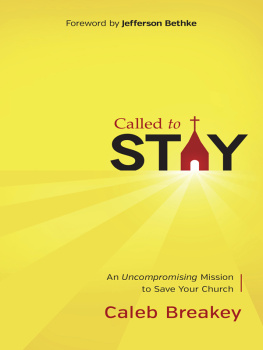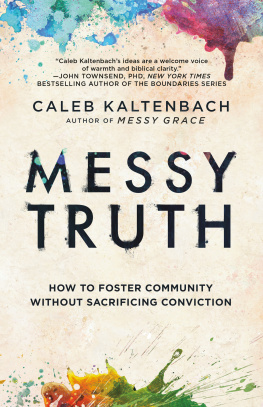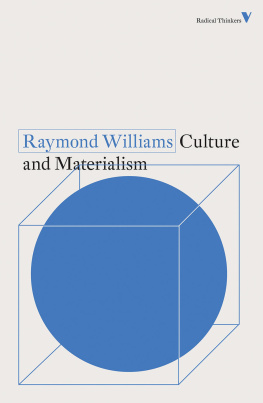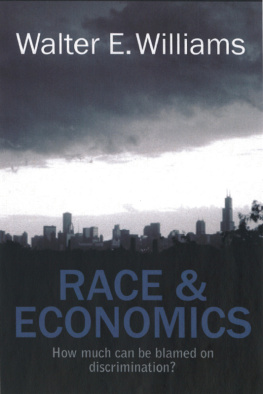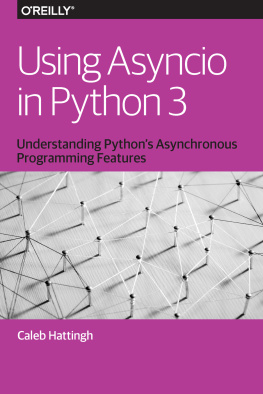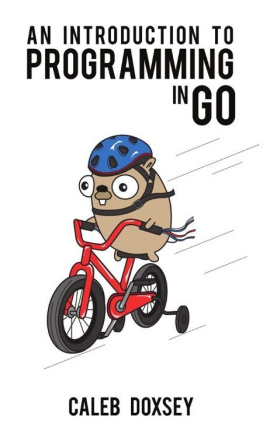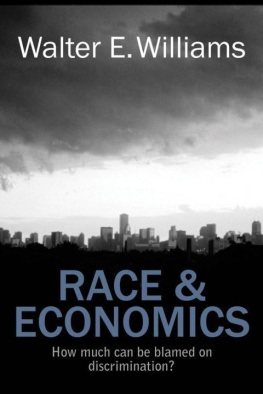PARENTHOOD AND RACE CULTURE
BOOKS BY THE SAME AUTHOR
WORRY: THE DISEASE OF THE AGE
EVOLUTION: THE MASTER KEY
HEALTH, STRENGTH, AND HAPPINESS
Etc., Etc.
PARENTHOOD
AND
RACE CULTURE
An Outline of Eugenics
BY
CALEB WILLIAMS SALEEBY
M.D., Ch.B., F.Z.S., F.R.S. Edin.
FELLOW OF THE OBSTETRICAL SOCIETY OF EDINBURGH, MEMBER OF
COUNCIL OF THE EUGENICS EDUCATION SOCIETY, OF THE
SOCIOLOGICAL SOCIETY, AND OF THE NATIONAL LEAGUE
FOR PHYSICAL EDUCATION AND IMPROVEMENT
MEMBER OF THE ROYAL INSTITUTION
AND OF THE SOCIETY FOR THE
STUDY OF INEBRIETY
ETC., ETC.
logo
CASSELL AND COMPANY, LTD.
LONDON, NEW YORK, TORONTO AND MELBOURNE
1909
ALL RIGHTS RESERVED
Dedicated
TO
FRANCIS GALTON
THE
AUGUST MASTER OF ALL EUGENISTS
PREFACE
This book, a first attempt to survey and define the whole field of eugenics, appears in the year which finds us celebrating the centenary of the birth of Charles Darwin and the jubilee of the publication of The Origin of Species. It is a humble tribute to that immortal name, for it is based upon the idea of selection for parenthood as determining the nature, fate and worth of living races, which is Darwin's chief contribution to thought, and which finds in eugenics its supreme application. The book is also a tribute to the august pioneer who initiated the modern study of eugenics in the light of his cousin's principle. A few years ago I all but persuaded Mr. Galton himself to write a general introduction to eugenics, but he felt bound to withdraw from that undertaking, and has given us instead his Memories, which we could ill have spared.
The present volume seeks to supply what is undoubtedly a real need at the present daya general introduction to eugenics which is at least considered and responsible. I am indebted to more than one pair of searching and illustrious eyes, which I may not name, for reading the proofs of this volume. My best hopes for its utility are based upon this fact. If there be any other reason for hope it is that during the last six years I have not only written incessantly on eugenics, but have spoken upon various aspects of it some hundreds of times to audiences as various as one can well imaginea mainly clerical assembly at Lambeth Palace with the Primate in the Chair, drawing-rooms of title, working-class audiences from the Clyde to the Thames. It has been my rule to invite questions whenever it was possible. Such a discipline is invaluable. It gives new ideas and points of view, discovers the existing forms of prejudice, sharply corrects the tendency to partial statement. It is my hope that these many hours of cross-examination will be profitable to the present reader.
It has been sought to define the scope of eugenics, and my consistent aim has been, if possible, to preserve its natural unity without falling into the error, which I seem to see almost everywhere, of excluding what is strictly eugenic. Our primary idea, beyond dispute, is selection for parenthood based upon the facts of heredity. This, however, is not an end, but a means. Some eugenists seem to forget the distinction. Our end is a better race. If then, beyond selecting for parenthood, it be desirable to take care of those selectedas, for instance, to protect the expectant mother from alcohol, lead or syphilisthat is strict eugenics on any definition worth a moment's notice. It then appears, of course, that our demands come into contact with those prejudices which political parties call their principles. A given eugenic proposal or argument, for instance, may be stamped as Socialist or as Individualist, and people who have labelled their eyes with these catchwords, which eugenics will ere long make obsolete, proceed to judge eugenics by them. But the question is not whether a given proposal is socialistic, individualistic or anything else, but whether it is eugenic. If it is eugenic, that is final. To this all parties will come, and by this all parties will be judged. The question is not whether eugenics is, for instance, socialist, but whether socialism is eugenic. I claim for eugenics that it is the final and only judge of all proposals and principles, however labelled, new or old, orthodox or heterodox. Some years ago I ventured to coin the word eugenist, which is now the accepted term. With that label I believe any man or woman may well be content. If this be granted, the old catchwords and the bias they create forgotten, we may be prepared to consider what the scope of eugenics really is.
Eugenics is not, for instance, a sub-section of applied mathematics. It is at once a science, and a religion, based upon the laws of life, and recognising in them the foundation of society. We shall some day have a eugenic sociology, to which the first part of this volume seeks to contribute: and the sociology and politics which have not yet discovered that man is mortal will go to their own place.
Only when we begin to think and work continuously at eugenics is its range revealed. The present volume is a mere introduction to the principles of the subject: the full elucidation of its practice is a problem for generations to come. Nor is it easy to set logical limits to our inquiry. We may say that eugenics deals with conceptions: and that the care of the expectant mother is outside its scope: but of what use is it to have a eugenic conception if its product is thereafter to be ruined by, for instance, the introduction of lead into the mother's organism? Again, the care of the individual is, in part, a eugenic concern: for if we desire his offspring we desire that he shall not contract transmissible disease nor vitiate his tissues with such a racial poison as alcohol. Plainly, everything that affects every possible parent is a matter of eugenic concern: and not only those factors which affect the choice for parenthood.
It follows that the second portion of this volume, which deals with the practice of eugenics, cannot be more than merely indicative. In the available space it has been attempted to define certain constituents of practical eugenics, but in any case the entire ground has not been surveyed. The concept of the racial poisons may be commended to special consideration. Whether a poison be so-called chemical, as lead, or made by a living organism, as the poison of syphilis, is of great practical importance, because of the infection involved in the second case: but, in principle, both cases belong to the same category. Sooner or later, eugenists must face the transmissible infections, and repudiate as hideous and devilish the so-called morality which discountenances any attempt to save unborn innocence from a nameless fate. He or she who would rather leave this matter is placing religion or morality or politics above the welfare of the life to come, and therein continuing the daily prostitution of those great names.
Again, the practice of eugenics may be commended and accepted as the business of the patriot: and two chapters have been devoted to the question as seen from the national point of view. I am of nothing more certain than that the choice for Great Britain to-day is between national eugenics and the fate of all her Imperial predecessors from Babylon to Spain. The whole book might have been written from this standpoint, but such a book would have been beneath the true eugenic plane, which is not national but human. I believe in the patriotism of William Watson, who desires the continuance of his country because, as he addresses her,
O England, should'st thou one day fall,




